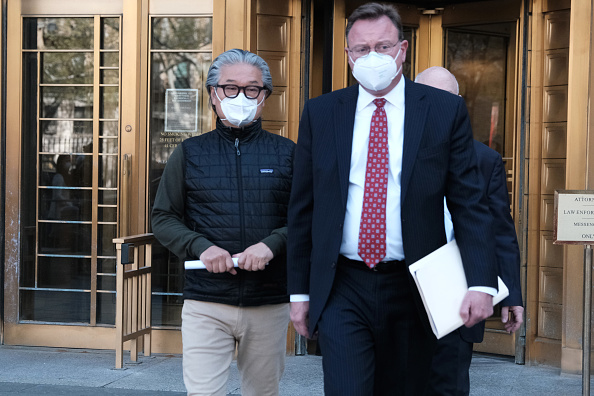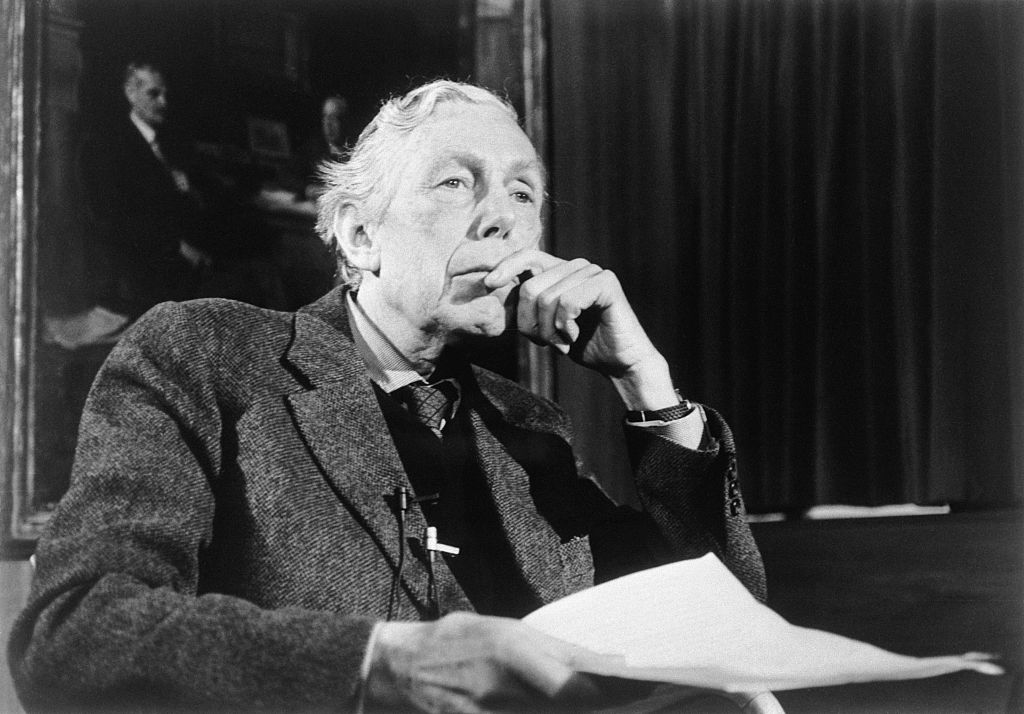The European elections last week, as has been amply aired in the Brussels Signal, did not, as many aroused commentators claimed, indicate an alarming lurch to the potentially undemocratic right, or even, by reasonable international standards, to the much invoked “far right.”
Such shrieks of alarm should be consigned to the same uninhabited echo chamber as the claim two years ago that the elevation of Giorgio Meloni as Prime Minister of Italy was a virtual re-enactment of the March of Mussolini and his Blackshirts on Rome in 1922.
The German Alternative Party gained a few points but its status as a far-right organisation is based on a few indiscreet comments by some of its prominent officials about immigration. The CDU/CSU also gained ground but even the most paranoid leftist will not claim that the party of Adenauer, and Kohl, much less the soft left red Toryism of Merkel is any threat to moderation.
In France, parties dissolve and regroup and change their names every couple of elections and it is a completely fluid system. The Rassemblement National, which started as a Poujadist petit bourgeois and farmers anti-immigration party is now a semi-mainstream conservative and partially Eurosceptical, partly nationalist party that can no longer be used by leftist commentators to frighten their children into eating their breakfast cereal.
Elsewhere, the results were mixed. Premier Meloni made modest gains but Viktor Orban of Hungary lost more than a few tail feathers. The real message appears to be that the green terror which is steadily raising the cost of gasoline and home heating fuel and restricting and constraining behaviour in gratuitously irritating ways (such as the fatuous proposed German ban on weekend auto travel) — all of this has to stop.
A return of common sense should not be confused with the sound of hobnailed jackboots on the boulevards of the capitals of Europe. There is also a general recognition that Russian retreat and passivity has given way to a resumption of the ancient Russian ambition to project itself into Central and Western Europe, along with a recognition that the United States is likely to require that Europe take the radical step of paying an appropriate portion of its rightful share for its own defence.
The country that is, uncharacteristically, showing signs of instability though not, so far, of extremism, is the United Kingdom. Having had only seven prime ministers between 1964 and 1910, it is about to have its sixth prime minister since 2016. Britain has not had such a turnover of leaders since 1830 and the last five prime ministers have all been nominal Conservatives and they have all objectively been failures.
David Cameron promised “full-on treaty change” in the European arrangements that he promised to put to a referendum and returned from Brussels with less than Mr. Chamberlain brought back from Munich in 1938. He lost the Brexit referendum and resigned the next day.
Theresa May was elevated to give effect to the referendum vote to leave Europe and stubbornly presented proposals for departure from Europe that were in fact frameworks for remaining in it. She quickly lost all support as she was neither a leaver nor a remainer and those were the only options, and the people had spoken.
Boris Johnson won a solid majority to “get Brexit done,” and did get it done, and responded well on Ukraine. He then made an absolute shambles of everything else and behaved in such a cavalier manner in the eye of the public and his parliamentary colleagues that he retained no integrity. It was an astonishing and comprehensive self-immolation.
Johnson’s successor, Liz Truss, won the Conservative leadership by promising a restoration of Thatcherism, but when she produced a Thatcherite budget without what was judged adequate support numbers, she was given the high jump after 45 days.
Rishi Sunak, like Johnson and Cameron, has forgotten that Conservatives do not raise taxes and enjoy re-election. He has been a disaster and the father of Brexit, former UK Independence Party leader Nigel Farage, has raised his standard as the leader of the Reform Party and on the latest numbers is running neck-and-neck with the Conservatives in the popular vote. If this figure is confirmed at the polls in two weeks, the Labour Party will take over 500 of the 650 MPs in the British Parliament.
Sunak will be finished as party leader on election night and it will be the task of his fellow Conservatives to elect a serious conservative as leader of the Conservative Party, and to begin the restoration of that party as a bulwark of the home-owning, free enterprise, middle-class democracy that Margaret Thatcher resurrected and led to victory in three consecutive majority victories.
Butskillism, the name given to the interchangeability of the pre-Thatcher Conservative and Labour parties, comprised of the first syllable the name of long-serving Conservative deputy leader Rab Butler and the second syllable of the 1950’s Labour Party leader Hugh Gaitskill, which gradually led Britain downwards in economic competitiveness to the shambles of the winter of discontent of 1979.
Margaret Thatcher wrenched the Conservative Party to the private enterprise, low tax, right, and Tony Blair wrenched the Labour Party from control by irresponsible trade union leaders encouraged by semi-Marxist academic theorists, and made it a moderate centre-left party.
What they achieved in their two parties and in the country has now largely been squandered.
But there is room for substantial hope that in the next four years, the strength of Farage’s Reform Conservatives will force the Conservative Party back to the moderate, free enterprise and gently nationalistic right, while the Labour Party will recognize that their nostalgic walk in the woods of the old left will have been a disaster.
Britain has underperformed Europe in the last ten years but it has never failed to revive before and after the election in July and after four probably-rocky Labour years, it will return, with gratifying decisiveness, to political leadership that appeals to its senses.





Zelensky drags America into war, or Zelensky loses